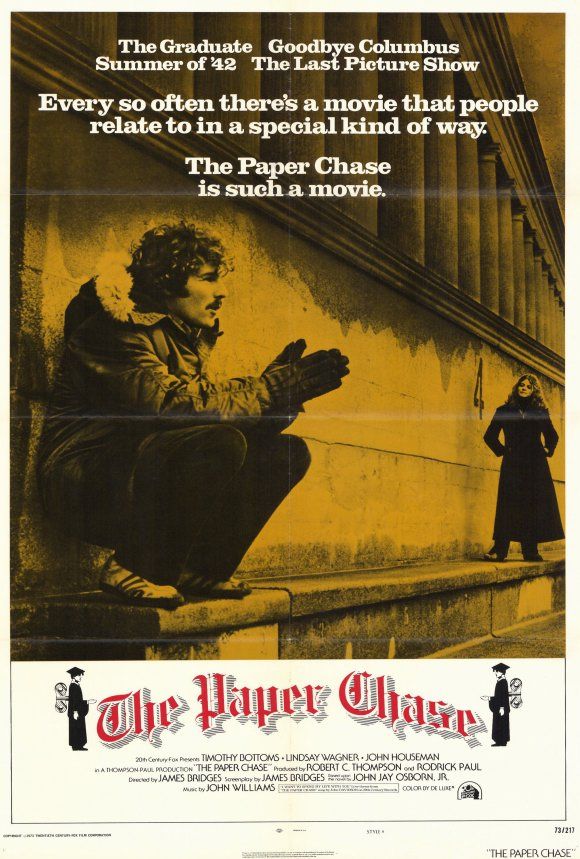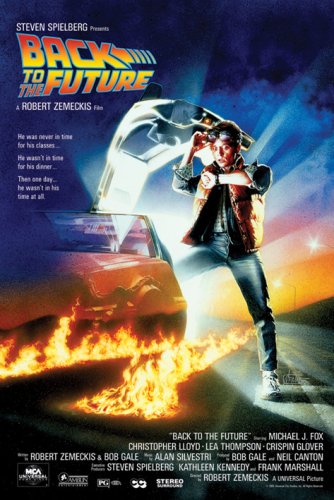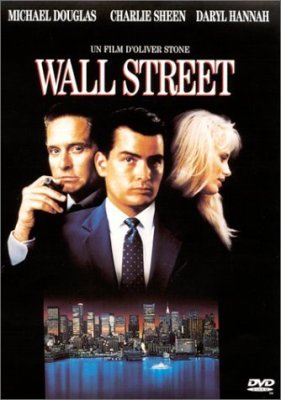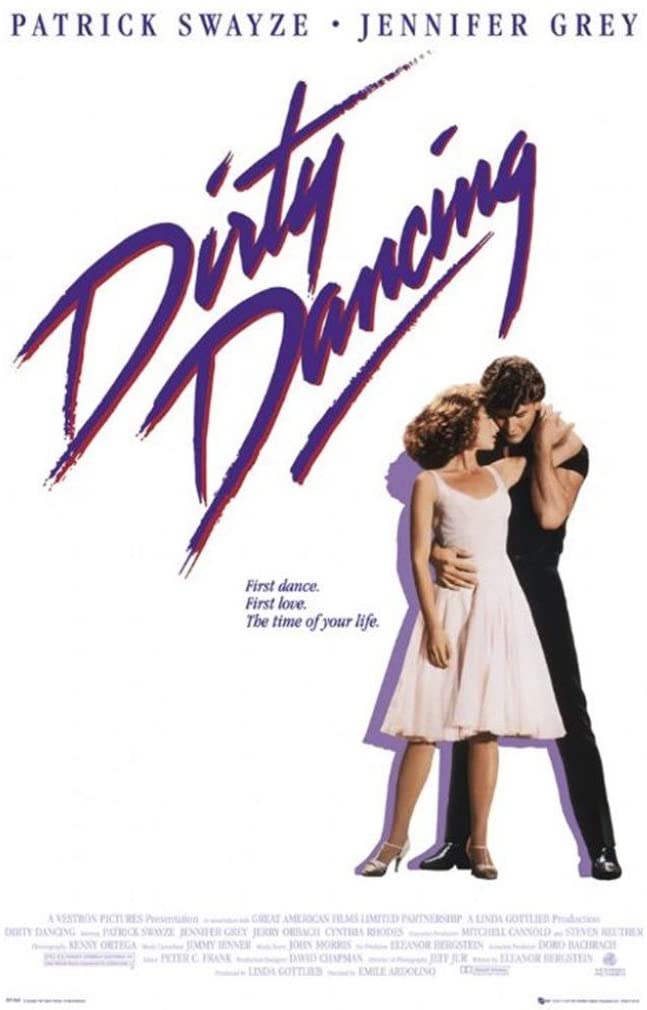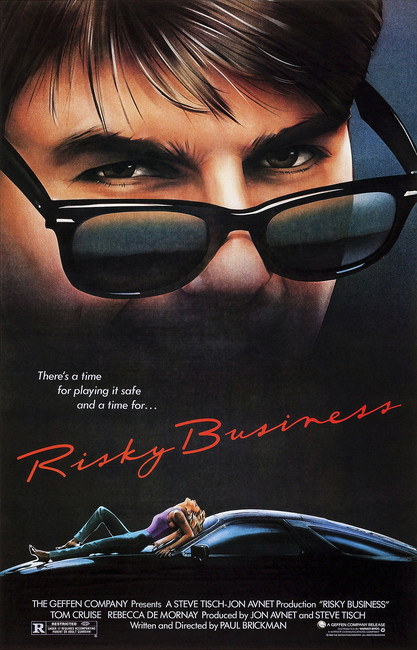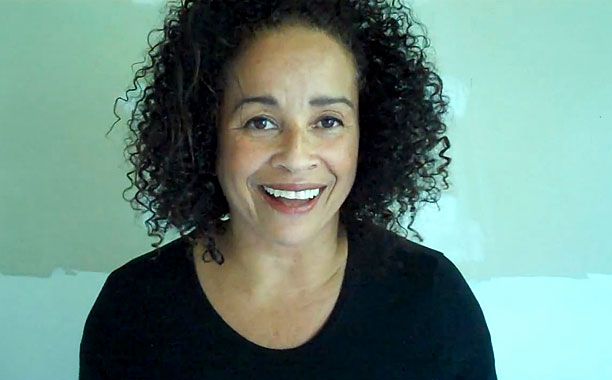Mark might be getting off too easy, but he earns the laughs in ‘Soul Man’
There’s an enormous question to be asked of “Soul Man” that will haunt the movie forever:
Is this makeup considered blackface.
For any commercial film since the 1940s, that term is a massive line to cross. Perhaps not for a serious, thought-provoking movie such as 1964’s “Black Like Me” or 2000’s “Bamboozled,” but certainly for a comedy. A few have tried it, such as “Silver Streak” of 1976, which starred Richard Pryor and Gene Wilder. An L.A. Times writer in 2016 said “Silver Streak” “doesn’t hold up well” on account of its “sensitivity issues.”
The use of blackface in early Hollywood films is jaw-dropping. Al Jolson, Bing Crosby, Fred Astaire, even Shirley Temple. In a provocative, 12-minute documentary on blackface from Turner Classic Movies that aired in 2020 and is shown occasionally since, scholars explain that it’s unclear when the concept began, but it was present in the 1830s in depictions of minstrel shows, and used in vaudeville before Hollywood somehow gave it a try. “You can’t quite believe what you’re seeing,” one historian observes.
Near the end of that documentary, “Soul Man” is not mentioned, but a still is briefly shown, as are stills from a few other movies. Those stills are unnamed, unlike the startling films of the ’30s and ’40s shown earlier. For some, the image of C. Thomas Howell in makeup is no less offensive than those characters of the 1930s.
According to a 1986 Chicago Tribune article, makeup artist Devorah Fisha created the look for Howell; it is “two pancake and three oil bases.” This was a very important decision by the filmmakers. It seems they wanted to convey a change without getting close to what people saw on Al Jolson. Gene Siskel opined, “I think he looks more suntanned than black.” The Tribune article also noted that “Howell doesn’t attempt ‘black’ speech.”
Roger Ebert liked to say about certain farces that if any characters had a brain, the scheme would be uncovered well before the ending. He did not say that about “Soul Man,” but it applies. Two Southern California acquaintances (one played by Julia Louis-Dreyfus in an early role) should easily be able to figure out that Mark Watson is the darker-skinned person they meet at Harvard, but they’re somehow fooled by his improv routine. In real life, were this crackpot endeavor ever to take place, Watson would probably simply forge a document stating that he had an African American grandparent and just “looks white.” (It’s curious to note the race(s) of the people presenting Mark with a scholarship.)
“Soul Man” today is probably unmakeable; in 1986, just barely so. It was released in October, just months before Al Campanis made his infamous comments about race on ABC’s “Nightline,” a time when Disney’s “Song of the South” still played in theaters.
“Soul Man” was not without controversy. NAACP leaders did condemn the film. An October 1986 article by Associated Press legend Bob Thomas quoted Willis Edwards, president of the NAACP chapter of Hollywood, from a statement, “We are amazed that such a film could be made in America in 1986.” Edwards made an observation that film critics missed (nearly all of those critics being white, it should be noted), that “the unhumorous and quite seriously made plot point of ‘Soul Man’ is that NO black student could be found in all of Los Angeles who was academically qualified for a scholarship geared to blacks.”
NAACP Executive Director Benjamin Hooks called the movie a “cheaply made cynical viewpoint of black involvement in American life.” But significantly, Hooks also stated, “We are not mounting a boycott. We are writing a letter to our branches advising them of our opinion about the movie and suggesting to them that they advise their members not to support it.”
The Black American Law Students Assocation of UCLA deemed the film a “shallow and futile portrayal of black law students at Harvard Law School. We find the Al Jolson-like portrayal of the main character offensive and trivializing.”
One VIP did not see it that way. “It was special,” James Earl Jones told the Chicago Tribune. “I saw and read the script in privacy and found myself laughing out loud. ... They asked me if I found it offensive, and I said it treads a line — but satire must tread a line. You cannot please everybody.”
“Soul Man” is actually closely linked with two previous megahits of the ’80s — “Tootsie” and “Risky Business.” That extensive Oct. 26, 1986, article in the Chicago Tribune by John M. Wilson about “Soul Man” (the article is curiously titled “Risky Business”) notes the screenplay is by “Carol Black [who’s white].” Black evidently was trying to develop a “Tootsie” offshoot a couple years earlier, originally crafting a script about a guy who “takes advantage of minority hiring quotas.” But, “I didn’t like what that said about affirmative action,” Black said, so she switched to the curious subject of a college student needing a financial aid scam to get into Harvard. Then, it was time to start looking for takers.
A producer of “Risky Business,” Steve Tisch, proved receptive to Black’s script. Black told Wilson she picked Tisch because “ ‘Risky Business’ could have been so vulgar, and it was very sophisticated.”
Finding a studio was a bigger challenge. Tisch told Wilson he heard some execs say “Some of us feel the material is racist.” Wilson wrote that “every studio still turned ‘Soul Man’ down.” It would ultimately be distributed by New World Pictures, which was founded by Roger Corman. Wilson noted that New World was a “distributor best known for exploitation fare” though by 1986, it was no longer owned by Corman.
Jones said of the script, “It took a comedic approach to the problem of someone changing racial identity. Comedy can take us into areas that tragedy cannot.”
Tisch stressed social benefits of “Soul Man” to Wilson, saying, “It pushes buttons in us to make us as whites look at how we relate to blacks,” which may be overstating things a bit.
“Soul Man” may take place at Harvard Law School, but it has far more in common with Joel Goodson’s high-school shenanigans of “Risky Business” than James Hart’s adventures in “The Paper Chase.” The wealthy (or comfortable) only child whose parents don’t really understand him embarks on an adventure while appearing to fall short of his academic aspirations. Mark Watson and Joel Goodson are both going to do OK in life, but somehow, the Ivy League is a must; anything short of that is defeat.
Grades are a problem for Joel, but curiously, not for Mark. In most movies, the dudes with the top grades are the bookworms, not the overbearing clowns. Mark is a baby. His parents are like the birds throwing him out of the nest; that is the plot driver of “Soul Man.” Mark’s challenge is to grow up and support himself. It seems there would be a number of ways for someone this bright to accomplish this, but Mark only wants to take the easy way out. Beg Dad, maybe beg some more, get a bank loan, scam a scholarship.
“Risky Business,” however “sophisticated,” struggled with trying to convince viewers it was both hilarious, and a serious take on ... something or other, class warfare, youth fulfillment, etc. “Soul Man” is far funnier and has a more common challenge — adding up to a story instead of a series of “SNL” skits. “Soul Man,” like many comedies, is far better at the latter.
No doubt, the filmmakers of “Soul Man” spent a great deal of energy weighing the racial humor in the movie. Perhaps because of that, the regular jokes came easy. The opening bedroom scene, which appears to be a satire of “Back to the Future,” contains a hilarious gag about introductions.
But most of the comedy credit has to go to C. Thomas Howell. He has a Wile E. Coyote sense of instant mischief. It’s uncanny physical comedy, as though he’d been studying John Ritter. One such scene is when he’s introducing his new skin tone to his buddy Gordo at the beach by trying to walk in front of him, and Gordo merely thinks it’s some obnoxious dude. The long shot of Gordo jogging in black sneakers is also, for whatever reason, hilarious on its own. What was he planning to do, jog all the way off the pier?
Then there’s the basketball game, in which Howell, unlike many stars, is willing to let himself look pathetic. The funniest thing about this slo-motion highlight reel is the cringing by the other players as they realize that this star recruit is probably the worst player on the court. Ron Reagan delivers a gem of a wink-and-a-nod look as the captains fight over the rosters and also delivers one of the movie’s stronger points when he calls Mark “Marcus.”
As both the role-model adult and comic foil, Jones is the most beloved character in the film. He is a mark, for Mark, who believes he will get preferential treatment after seeing the professor somehow being responsible for working the sign-up table in the gym (but how else would Mark realize the races of the instructors). But unlike Kingsfield of “The Paper Chase,” it’s unlikely anyone who saw “Soul Man” remembers Jones’ character’s name (it’s Professor Banks). His class is a clown car, and because it’s Harvard Law, it’s hilarious. Students showing up late, unprepared, citing wrong precedents, cracking jokes (some of them quite funny ... “Please, call me Mark.”), giggling at others while Banks tries to avoid cracking a smile. The role is actually a bit of a challenge for Jones, who has to appear elite and gruff but unlike Kingsfield, tolerant and funny. He is better at the latter than the former. His classroom seems to include a mini-jury box. “I am not a humorless man,” he informs Mark (and viewers) in the early stages of their interactions.
Two scenes played for laughs are perhaps the sharpest and best of the film. When Mark and his buddy, Gordo, are moving into their apartment, the guy who runs the building confronts Gordo with a dubious look while suddenly realizing something about the tenants that he didn’t know. The other scene was mentioned by Rae Dawn Chong, who plays Mark’s love interest/victim, to the Tribune: “having people move their purses when you get into an elevator.”
An inevitably controversial film, “Soul Man” does not want to complicate things. Certainly, it’s relevant whether Mark Watson, before his skin color changed, was a bigot. The script decides that Mark has simply been oblivious to African Americans; his only thoughts on black or racial issues are the plot points he’s seen on “The Cosby Show.” So rather than anticipating/liking/dreading how others will now respond to him, Mark somehow enters this new phase of his life without preconceived notions.
Yet it doesn’t take Mark long to identify with his new reality. Perhaps social scientists have a term for it. When Mark hears white students making a very ugly racist joke, he is sincerely offended. Roger Ebert did not agree. This is the saving grace or redemption of “Soul Man.” The movie is, frankly, afraid to tell us how the pre-black Mark would’ve responded to this situation.
Reviewer Paul Attanasio in the Washington Post in 1986 outlined probably the most realistic potential criticism of “Soul Man,” and it is a devastating one, that the movie is not as interested in condemning its racial jokes as in simply airing them. Or put another way, that it wants to attract the bigots as much as the enlightened. Attanasio contended it’s “one of those mealy-mouthed movies that try to take comic advantage of racial stereotypes all the while they’re condemning them.”
Director Steve Miner explained it this way to the Tribune: “Some people will laugh at the jokes. But by the end of the movie, they should feel bad about having laughed.” He adds, “The jokes are not supposed to be funny. ... The point is that racist jokes are not funny.”
There is more than just the comedy to consider. Many may accurately conclude that Mark is too generously forgiven for a scam that would’ve presumably gotten many others — were the situation reversed — tossed out of school without the chance to deliver a speech. The implication in “Soul Man” is the same as in “Risky Business,” that charming young males of privilege can do whatever they want, however offensive or illegal, and still get by without so much as a glance from authorities.
The Tribune article of 1986 said the movie “has tested well in sneak previews, particularly among younger audiences; a Hollywood trade paper has tabbed it the potential sleeper of the fall; and New World is marketing aggressively.” Something evidently clicked — “Soul Man” grossed $35 million on a $4.5 million budget, not an enormous success but an impressive one.
While the filmmakers undoubtedly celebrated the box office, it had to be impossible to ignore the movie’s enduring stigma. The goal had to be short-term hit, not long-term positive social commentary. The producer, director and writer aren’t particularly famous, but the actors are. Rae Dawn Chong in 2016 complained that Spike Lee’s condemnation of the movie still reverberates. He “made a thing of it,” she told The Wrap. “It is adorable and it didn’t deserve it.” She said that Lee criticized her for making the role too white. “I was the black actor for sure, but I didn’t lead with my epidermis, and that offended people like Spike Lee, I think,” Chong told The Wrap.
It’s impossible to say that “Soul Man” accomplished nothing. Remarkably, Howell and Chong, who reportedly met during the production, really did marry a few years later. Howell told the Tribune in 1986 that doing the role made him aware of his own “unconscious awkwardness” toward black friends, and he was “learning to relax.” For reasons unknown, the couple divorced within a year.
Both Roger Ebert and the Chicago Tribune’s then-critic Dave Kehr gave “Soul Man” 1 star. But on their syndicated TV show, Ebert and Gene Siskel sounded like they were pulling for the film.
“I wanted it to be a good movie,” Ebert claimed. Siskel said the movie is “a cute enough idea for a comedy.” In his print review, Ebert again essentially endorses the concept but scoffs that it “doesn’t have the wit to work.” Ebert also curiously claims “the real subject of the film is not race but ethics — the ethics of pretending to be someone you are not, and lying to others about it.” It’s hard to believe that Mark Watson, who admits during the whole movie that he’s putting on a scam that may well be illegal, is concerned about an ethical breach.
Here’s the problem with expectations. Ebert clearly wanted something like “Guess Who’s Coming to Dinner.” “Soul Man,” not always, but often, is funny. It could be exploitation. It doesn’t quite feel like it. It is funny. It is a try. Just because “Soul Man” is slapstick comedy and shy about bigger-picture issues doesn’t mean it can’t succeed at what it’s aiming for — a gentle jab at bigotry for the harm it can cause. Siskel and Ebert showed that skeptical people in 1986 were nevertheless rooting for this kind of premise to work. And possibly would today.
3 stars
(July 2023)
“Soul Man” (1986)
Starring
C. Thomas Howell
as Mark Watson
♦
Rae Dawn Chong
as Sarah Walker
♦
Arye Gross
as Gordon Bloomfeld
♦
James Earl Jones
as Professor Banks
♦
Melora Hardin
as Whitney Dunbar
♦
Leslie Nielsen
as Mr. Dunbar
♦
Ann Walker
as Mrs. Dunbar
♦
James B. Sikking
as Bill Watson
♦
Max Wright
as Dr. Aronson
♦
Jeff Altman
as Ray McGrady
♦
Julia Louis-Dreyfus
as Lisa Stimson
♦
Marie Cheatham
as Mrs. Dorothy Watson
♦
Wally Ward
as Barky Brewer
♦
Eric Schiff
as Booey Fraser
♦
Ron Reagan
as Frank
♦
Mark Neely
as Brad Small
♦
Dave Reynolds
as Ernie
♦
Wolfe Perry
as Leon
♦
Jerry Pavlon
as Bruce Wizansky
♦
Laurel Green
as Zendel
♦
John David Bland
as Seth
♦
Jonathan ‘Fudge’ Leonard
as George Walker
♦
Felix Nelson
as Mr. Walker
♦
Betty Cole
as Mrs. Walker
♦
Bo Mancuso
as Bundy Dunbar
♦
Donald Hotton
as Mr. Wicher
♦
Linda Hoy
as Mrs. Sherwood
♦
Robert Burleigh
as Bouchard Man
♦
Jonathan Wise
as Andrew
♦
Amy Stock
as Girl in Bed
♦
Paul O’Brien
as Officer Schkolnick
♦
M.C. Gainey
as Man in Cell
♦
Freddie Dawson
as D.J.
Directed by: Steve Miner
Written by: Carol Black
Producer: Steve Tisch
Co-producer: Carol Black
Co-producer: Neal Marlens
Associate producer: Bernhard Goldmann
Associate producer: Stephen Vaughan
Music: Tom Scott
Cinematography: Jeffrey Jur
Editing: David Finfer
Casting: Melissa Skoff
Art direction: Don Diers, John Reinhart
Set decoration: Dorree Cooper
Costume design: Sharon Simonaire
Makeup and hair: Devorah Fischa, Enid Arias, Melissa Tucker
Production manager: Donna Smith
Stunts: Chris Howell, David Burton, William H. Burton, Steve Davison, Kimberly Epper, Patrick Romano
